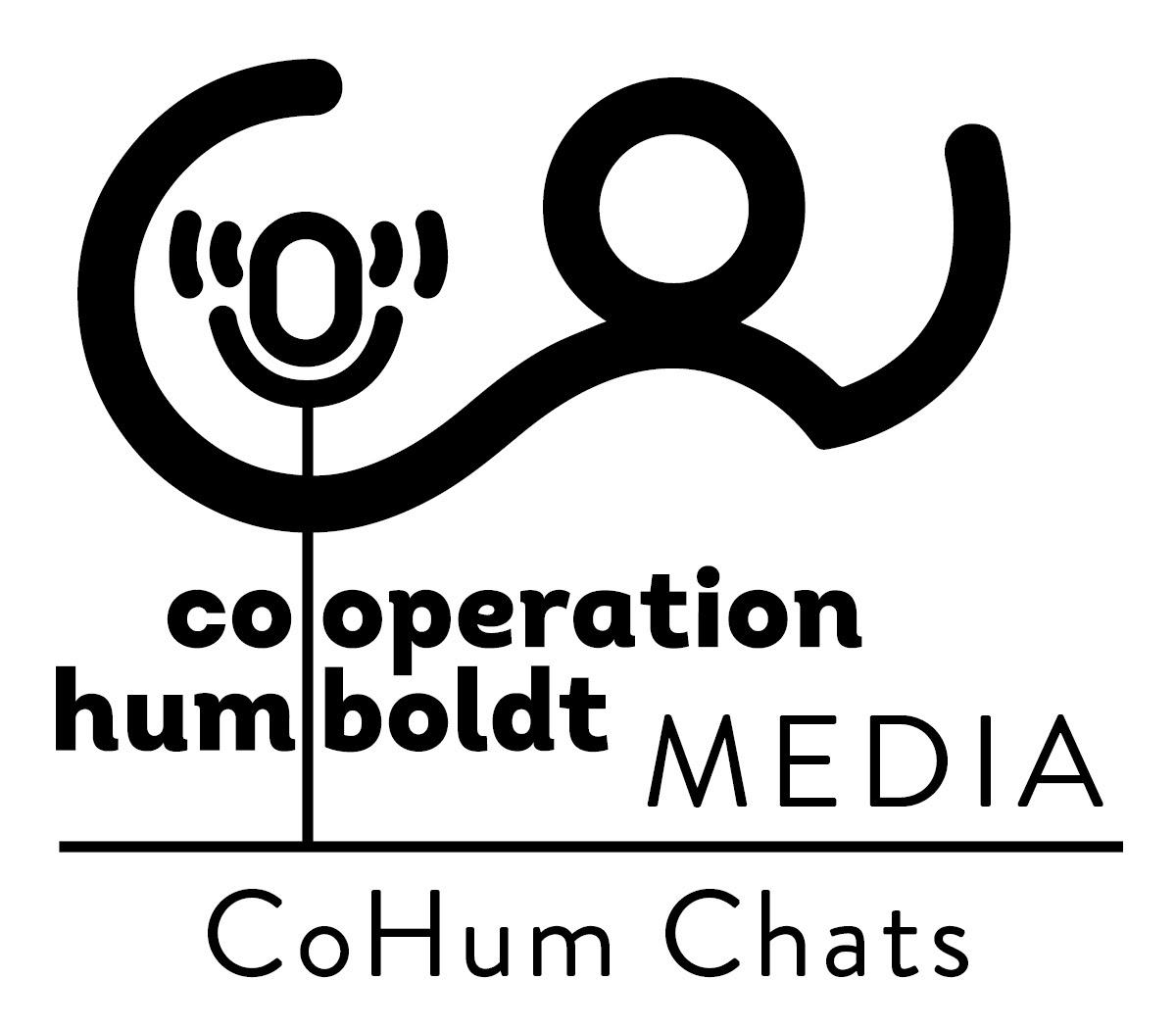This article by Tamara McFarland was featured in the February/March 2020 issue of EcoNews.
 The average size of a new house in the United States has doubled since 1960, while the average number of household members has dropped from 3.3 in 1960 to 2.6 today. As our physical footprint per-capita has risen, so too have our nation’s carbon emissions and our rates of social isolation.
The average size of a new house in the United States has doubled since 1960, while the average number of household members has dropped from 3.3 in 1960 to 2.6 today. As our physical footprint per-capita has risen, so too have our nation’s carbon emissions and our rates of social isolation.
One in five US residents report feeling lonely or socially isolated, and this lack of connection can have serious effects on physical health, with researchers reporting that loneliness can be as damaging to health as smoking 15 cigarettes a day. The US Department of Health & Human Services reports that “As a force in shaping our health, medical care pales in comparison with the circumstances of the communities in which we live. Few aspects of community are more powerful than is the degree of connectedness and social support for individuals.”
At Cooperation Humboldt, we understand the critical importance of human connection and interdependence, both for individual quality of life, and as an important way to transition to a sustainable and regenerative way of living with one another and in harmony with the planet. One of the ways we’re currently working to build the world we need is by incubating one or more Ecovillages in Humboldt County.
An Ecovillage is a community with the goal of becoming more socially, culturally, economically, and ecologically sustainable. e idea is to create living arrangements that have a positive, regenerative impact on the natural environment through ethical sourcing of building materials, physical construction and design, and behavior choices.
The Ecovillages we envision will foster mutual support and meet residents’ inherent needs for autonomy and connection with the natural world. They will also provide important economic benefits to residents by empowering them to build equity if desired, and to participate in a democratic process to help make decisions on the issues that affect their lives and housing.
With support from Cooperation Humboldt, we expect that each Ecovillage will be designed by a group of potential residents who would likely coalesce around some kind of theme or shared interest – permaculture, arts/culture, folks with young kids, etc. Over time, we envision creating a local network of ecovillages, each with its own theme and culture.
Each Ecovillage will include features like renewable energy, water catchment, grey water, and edible landscapes – but beyond that, each village is likely to end up looking quite different. Some could be more urban, while others may be more rural; some villages will be made up of completely separate fully featured homes, while others will include tiny homes with larger central shared facilities (or any number of other
combinations of physical features).
Because the specifics around our first project will depend so much on who is going to live there, and what their skills and passions are, we are now in a process to convene one or more groups of folks who would actually want to live at the first Ecovillage. Cooperation Humboldt will offer resources, support, and capitalization, and we require direct participation now from future residents so that we can build this first ecovillage to fit their needs and aspirations.
If you’d like to learn more or join us in this process, please visit cooperationhumboldt.org/ecovillage.


 The average size of a new house in the United States has doubled since 1960, while the average number of household members has dropped from 3.3 in 1960 to 2.6 today. As our physical footprint per-capita has risen, so too have our nation’s carbon emissions and our rates of social isolation.
The average size of a new house in the United States has doubled since 1960, while the average number of household members has dropped from 3.3 in 1960 to 2.6 today. As our physical footprint per-capita has risen, so too have our nation’s carbon emissions and our rates of social isolation.